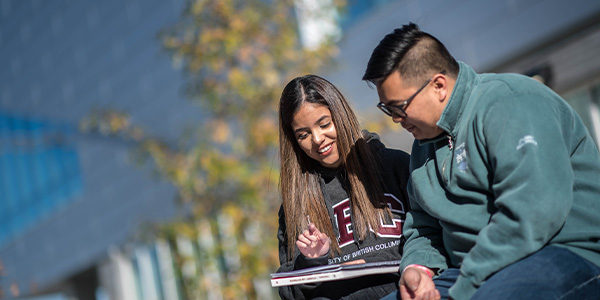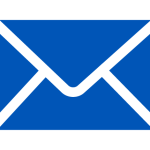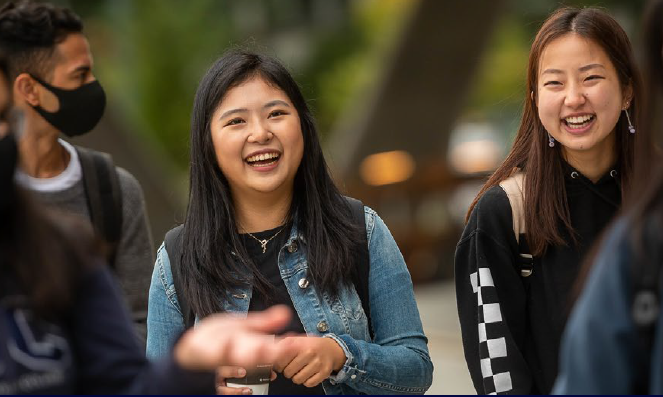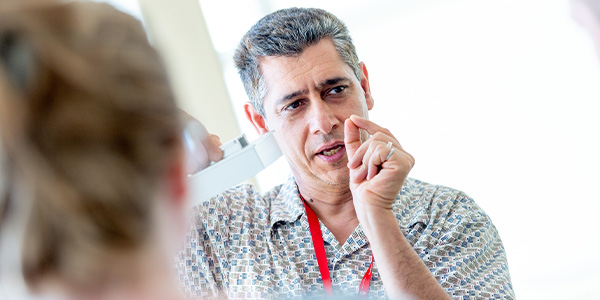New possibilities, endless innovation
Okanagan Global Summer Programs are offered on customized dates for cohorts of students from partner institutions. Please reach out to globalsummerprogram.ok.@ubc.ca for details.
Where
The University of British Columbia’s Okanagan campus
Kelowna, British Columbia, Canada
When
Program dates: Coming Summer 2026
FEATURED COURSEs
Artificial Intelligence for Business
Faculty of Management
This course equips students with the knowledge and skills to understand, integrate, and ethically use AI in a business context. The course is designed to blend theoretical insights with hands-on experience, ensuring that students not only learn foundational AI concepts but also gain the ability to apply them in real-world scenarios. Students will also explore ethical issues related to AI use, ensuring a balanced perspective on its benefits and challenges. The program concludes with a capstone project, where students apply their learning to create an AI-driven solution for a business scenario, gaining practical experience and confidence in AI integration.
Program highlights

Gain an interdisciplinary perspective
The Okanagan Global Summer Programs offer interdisciplinary, project-focused courses where you will learn a blend of skills and knowledge and practically apply them to real-world issues.
Learn from world-class instructors
UBC is one of the world’s top universities, consistently ranking in the top 5% globally. Our faculty move learning beyond the classroom to help students build connections, shape their career aspirations and prepare for further studies.
Earn UBC micro-credentials
Upon successful completion of a program, students will receive one or more UBC micro-credentials (program dependent). Micro-credentials are valuable assets for employers and, depending on your home institution, may be transferable for university credit.
Experience the world
Studying in Canada for a short-term program allows you to get all the benefits of high-quality instruction while meeting new people and enjoying unique experiences.
Life in Kelowna
Kelowna is one of the most scenic and most visited places in Canada—and you will quickly understand why. During your stay, you will have opportunities to explore the serene beaches and picturesque landscapes alongside the incredible local amenities that make Kelowna one of the fastest growing cities in Canada.
Kelowna Quick Facts
![]()
1,949 hours of annual sunshine
![]()
More than 30 regional beaches
![]()
Average seasonal temperature of 25°C
![]()
One of Canada’s growing tech hubs
![]()
Over 200 regional freshwater lakes
![]()
Nearby Canada’s top skiing destinations
Learn more, ask questions! Contact globalsummerprogram.ok@ubc.ca to learn more about future offerings >









